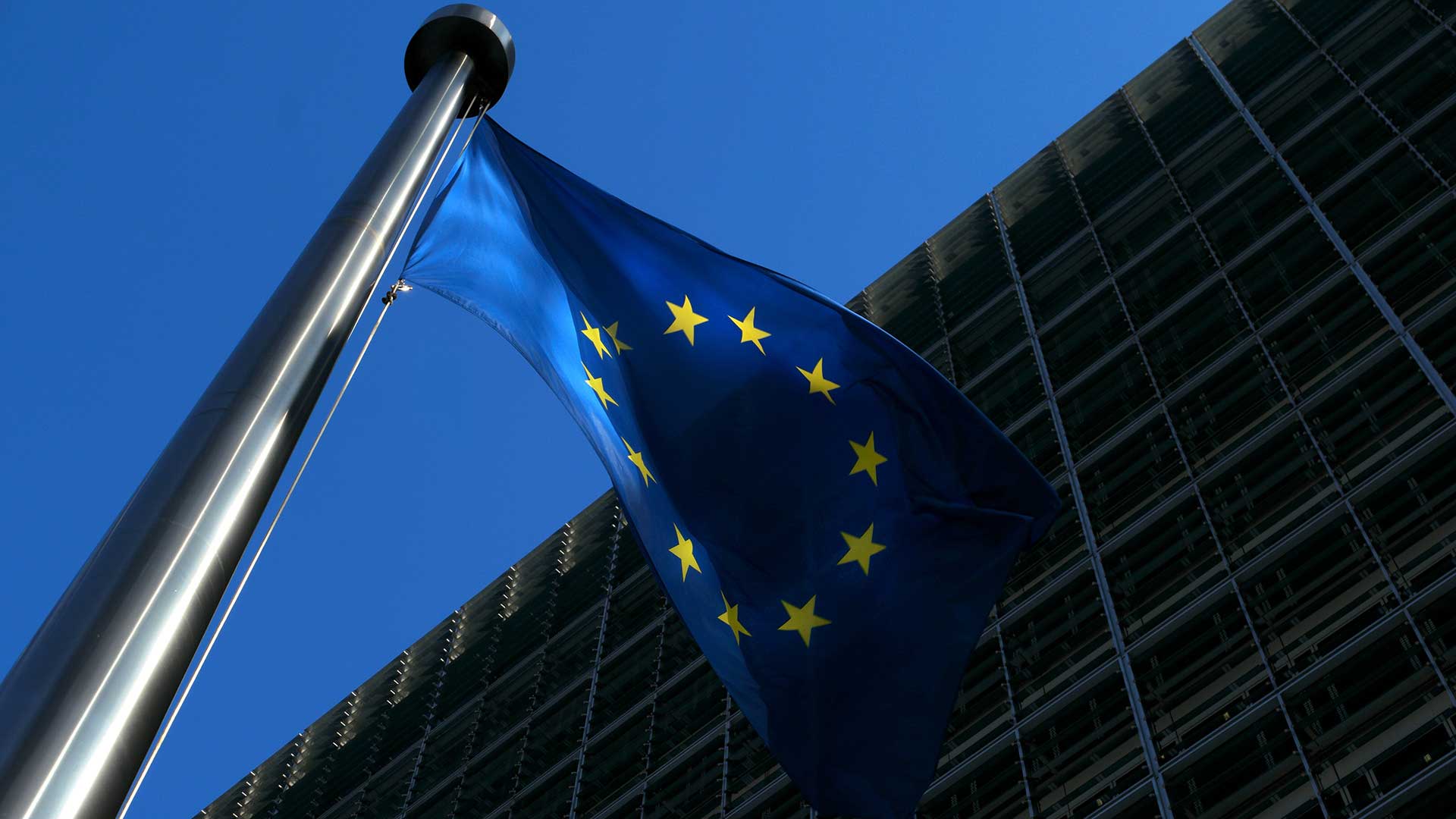On 6-9 June, European citizens voted to elect their new representatives at the European Parliament. Verian experts followed this democratic event closely by capturing people’s opinions and behaviours in the run up to these elections in the latest European Commission’s Spring Standard Eurobarometer, conducted in April-May 2024.
To what extent do European citizens ‘trust’ the European Union?
When looking at the extent to which respondents ‘trust’ the European Union, just under a majority say that they do (49%); an increase of two percentage points since the last Standard Eurobarometer in Autumn 2023 (47%). Alongside this, mistrust has also decreased by three percentage points (pp), standing at 42%.
However, trust towards the EU varies differently among the Member States. While over two thirds of respondents in Denmark (69%), Lithuania (68%), and Portugal (68%) trust the institution, the majority in Slovenia (55%), France (54%), Cyprus (53%) and Greece (52%) hold the opposite view. Similarly, Portugal and Spain have experienced an increase in their citizens’ trust towards the EU (+14 pp and +18 pp respectively), compared to Malta which has indicated a notable decrease (-10 pp).
There has been a significant decrease in trust in both national governments and parliaments, both going down by 3 percentage points. This compares to the increase of these same indicators seen in the previous Eurobarometer from Autumn 2023 (+6 pp and +4 pp respectively). The findings vary greatly when looking at individual Member States. Trust towards national parliaments decreased most significantly in the Netherlands (-9 pp), Germany and Ireland (both -8 pp), and Finland (-7 pp). Several countries did experience an increase, with Portugal increasing the most by 8 percentage-points. This trend can also be observed in trust in national governments; with decreases in Netherlands (-13 pp), Finland (-11 pp), France and Ireland (both -7pp) and increases in Portugal (+8 pp) and Poland (+6 pp).
In national societies, levels of trust vary significantly in relation to their subjective social class. Respondents who regard themselves as working class are less likely to trust the EU (39%) and their national parliament and government (both 25%). This compares to those who consider themselves upper class, where most trust the EU (77%), national parliament (62%), and national government (60%).

Latest insights
Our latest thinking
Our expert teams around the world regularly produce research and insights relating to public policy issues.
You can unsubscribe at any time.




